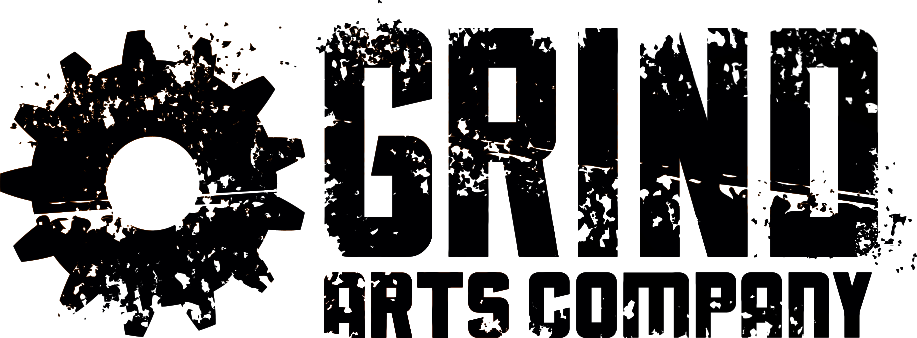“Hero” is a term that helps civilians feel more comfortable with how little they understand about the soldier experience. It puts a complex journey into a neat, positive category, when we know that war is too big for clean explanations or clear judgement. War opens up a maze within ordinary men, forcing them to confront the ugliness, the animal, and the superhuman within them. To be a war hero does not mean that you did good, in fact “good” and “bad” make poor descriptors of wartime. To be a hero means you’ve endured a test of self, and the heroic, often cruel act is to restart your life in a society that will never understand the myth you’ve endured, and doesn’t want to.
Abe writing poetry, Act 1
Rigid western culture demands that we live by binaries that deny the multitudes within us. The Veterans that were interviewed divulged that Vietnam was like a drug that allowed them to discover new sides of themselves; grey areas that could never have been explored state-side. The war untaps aspects of man that are both beautiful and horrific, aspects that lie dormant in civilians.
Those multitudes exist within Muse’s music. The music soars with orchestral arpeggio, yet also exists within the spheres of hard rock and electronica. It contains the anger of a newly disillusioned America, yet the beauty of what man is capable of when pushed to his utmost limits. The grandeur of the music helps the emotions of these characters rise to the occasion of the Vietnam War, which exists on a heightened plane. Not to mention, the songs confront political corruption, providing a voice to the counter-culture movement of the 60’s and the men stuck within the cogs of war run for self-interested politicians and career brass. Muse’s music is the multifaceted, mythic nature of war, and the task is to create a stage production as powerful and moving as the music.

